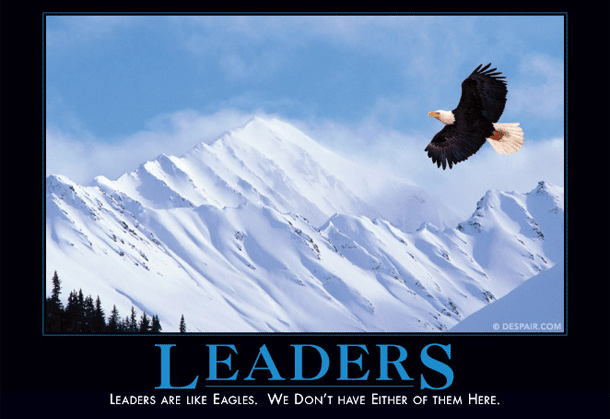If you ask someone to guess the number of sweets in a jar, the odds that they’ll land upon the right number are low – fairground raffles rely on that inaccuracy. But if you ask many people to take guesses, something odd happens. Even though their individual answers can be wildly off, the average of their varied guesses tends to be surprisingly accurate.
This phenomenon goes by many names – swam intelligence, wisdom of the crowd, vox populi, and more. Whatever it’s called, the principle is the same: a group of people can often arrive at more accurate answers and better decisions than individuals acting alone. There are many examples, from counting beans in a jar, to guessing the weight of an ox, to the Ask The Audience option in Who Wants to be a Millionaire?
But all of these examples are somewhat artificial, because they involve decisions that are ...














